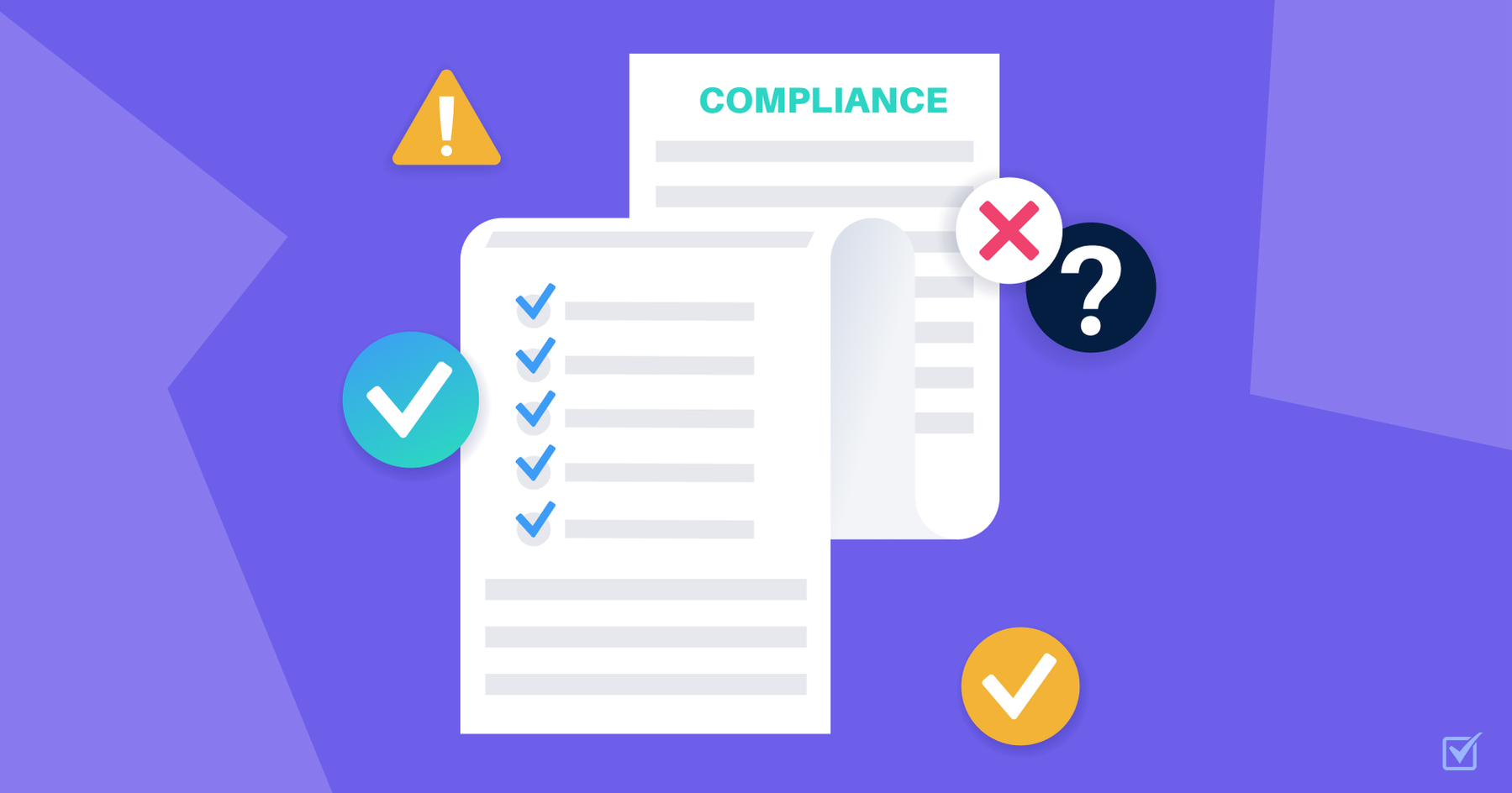4 Grant Compliance Best Practices - Includes a Checklist
These days, in business, it’s all about waste reduction, belt-tightening, and fat-cutting. In the grantmaker space, seamless compliance is key to maintaining continual and active management of your program. You want to make sure that when you disburse funds, they are going to the organizations that have the highest potential to benefit the common good. That’s the entire drive behind a grant program. Being responsible for accurate and responsible funds use, in alignment with disbursement guidelines, is called grant compliance.
What is grant compliance about?
Grant compliance is about following the standards and regulations outlined by your organization, local or state oversight boards, and the federal government. While the standards may differ from one case to another, most will require formal rules for grant use, as well as requirements for eligibility. There is also a significant burden of documenting the progress, processes, data gathering and aggregation, and their impact.
What is the importance of grant compliance?
Compliance is essential to keeping your funding stream open, and to being allowed to continue investing in programs that help to further or advance your program’s mission. Proper compliance can also help maintain fund eligibility by showing that your organization can fulfill requirements and make an impact. Here are some of the leading best practices for grant compliance.
1. Perform Detailed Research
It’s impossible to maintain compliance when you don’t know what being compliant entails. Pay close attention to the funding agreement when the funds are awarded, and be sure to ask questions and research anything you don’t fully understand. This includes data that you will need to report on that you may not know how to capture or mine.
2. Appoint A Grant Compliance Owner
The compliance owner for the grant project is going to ensure that the organization adheres to all compliance requirements and will coordinate and delegate tasks related to achieving and maintaining compliance. Since a large part of grant compliance is with the timeline set for the funds’ use, they will also act as a project manager, making sure timelines are respected and deadlines are met.
3. Maintain Proper Documentation
Even those with extensive experience dealing with grant funds will find that grant compliance changes and evolves, with the best practices of one cycle often being slightly different than those of several grant cycles in the past. This constant change is one of the reasons that it’s vital to keep thorough documentation regarding internal process development and improvement. The right grant management software can potentially handle much of the documentation and information needed by stakeholders and employees of the organization.
4. Manage Data Collection Efficiently
Make sure that the data and reports needed to maintain compliance are easily pulled and shared. Depending on the funding agency and the grant specifics, compliance standards may require reports with live data and up-to-the-minute insight into the program’s finances or project progress. Using the right software to make sure your data is always easily accessed and distributed by those in your organization is a big factor in being capable of maintaining compliance.
This data collection should also demonstrate data safety best practices. This will show that the organization cannot only capture the data needed for compliance but can store and subsequently securely access that data. Guarding against data breaches and leaks is a big concern for many in the grant writing space.
Grant Compliance Checklist
While each grant program will have a unique checklist for compliance, common things to include on a federal research grant, for example, will include:
- Maintain consistency with project teams
- Ensure internal positions are staffed appropriately
- Hire externally to fill open capacity
- Create strong internal controls
- Monitor systems and track data thoroughly
- Review procurements to ensure regulations are complied with
- Perform vendor due diligence and federal department databack checks
- Document internal controls
- Perform and document risk assessment
- Perform ongoing sub-recipient monitoring
- Plan internal audits to prepare for external audits
The Most Common Grants With Compliance Regulations
Research Programs
Research grants, often used for pharmaceutical research as well as medical devices or supplies, are bound by the Physician Payments Sunshine Act if there are federal dollars at work. This requires documentation and reports on financial relationships and requires periodic ethics reviews.
Programs With Minor Applicants
Grant programs that accept applications from minors are bound by the conditions of the FERPA, or the Family Educational Rights and Privacy Act. FERPA is a federal act that helps protect the privacy of student information. Organizations that receive federal Department of Education funding or that award grant funds to minors must be in full compliance with FERPA regulations.
Pass-Through Grants
Federal grants that are administered through local or state government agencies are often referred to as pass-through grants. Government pass-through grants are not directly disbursed by the federal government, but they are still bound by similar burdens of compliance imposed by both the federal and occasionally the state government.
Programs Managed By Banks & Institutions
Any grant programs that are being administered by a bank or similar financial institution will need to document and report relevant data as defined in the Community Reinvestment Act. The Community Reinvestment Act is in place to reinforce equitable lending practices in alignment with civil rights legislation. Some organizations will need to have additional records of related geographic and demographic data relating to the Act.
Non-Profit Hospital Programs
To comply with regulations related to the Affordable Care Act, many nonprofit hospitals that deal with community benefits will need to document those benefits to remain compliant and retain their tax-exempt status. Hospitals and many states themselves will benefit from compliance guidelines that will keep them in line with health improvement goals.
Compliance Is the Cornerstone of Grant Management
By now you should have a solid idea of why compliance is so important when it comes to grants and your organization, and our checklist should give you an actionable resource to use. To achieve top levels of compliance, it’s often best to partner with a company that can provide an easy-to-use software platform that can handle many of the management tasks automatically.
SmarterSelect can help simplify grant management so that you and your team can focus on compliance. Get a free demo now!
FAQ's
1. What are the best practices for grant compliance?
Best practices for grant compliance include a thorough understanding of grant requirements, effective financial management and documentation, timely and accurate reporting, strong internal controls, proactive monitoring and evaluation, clear communication with grantors, and staff training on compliance obligations.
2. Who is the grant compliance owner?
The grant compliance owner is typically a designated individual or department within an organization responsible for ensuring adherence to grant requirements and overseeing all of the grant compliance efforts.



